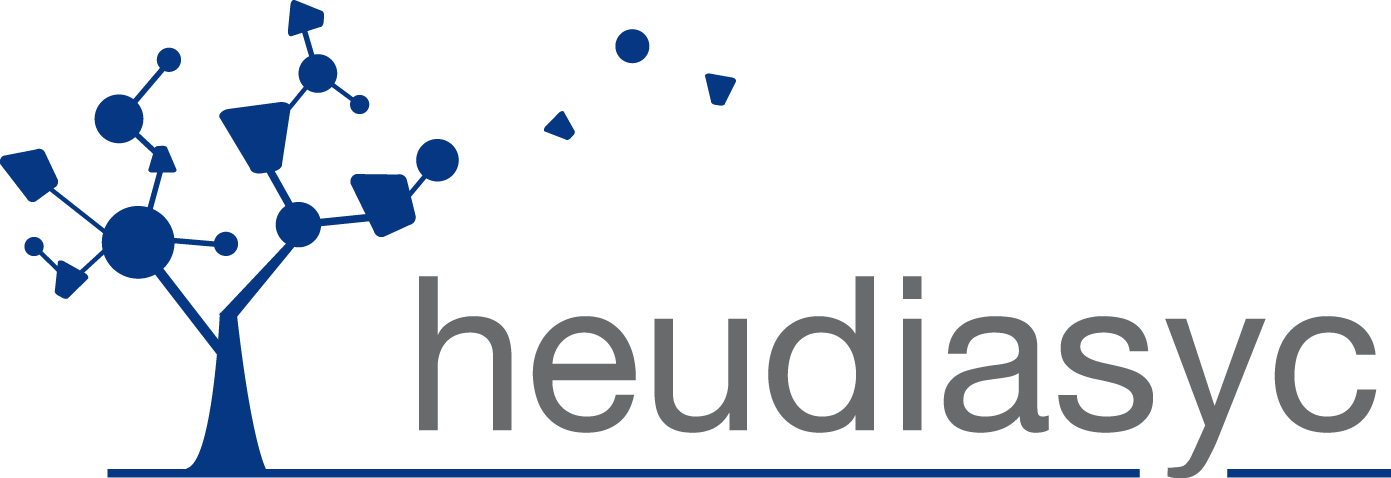Contributions to green Internet of Things
Contribution à l'internet des objets vert
Résumé
The Internet of Things (IoT) is a rapidly growing field that has the potential to revolutionize the way we live and work. However, each evolution is accompanied by its share of challenges. One of the primary challenges facing the IoT is the critical energy consumption of IoT networks. Therefore, it is of paramount importance to minimize the energy consumption within IoT networks in order to extend the lifetime and reduce their environmental impact.Green IoT involves the development and deployment of software and hardware solutions that are designed to minimize the environmental impact and promote the sustainability of IoT. This area has received increasing attention in recent years from both the industry and academia. In the first part of this thesis, we present our first contribution to the Green IoT. We provide a deep study and analysis of the most recent approaches in this field as well as discussions and recommendations on the combination of these approaches with the major IoT applications. In the second part of this thesis, we present our contributions to Green IoT through mobility-based data collection. Mobility-based data collection refers to employing moving platforms, such as cars, buses, and drones, to collect data from IoT devices. While most of the related works usually rely on static trajectory planning approaches and assume that the mobile platform has complete knowledge of the environment. In this thesis, we focused on achieving an intelligent, energy-efficient, and adaptive trajectory planning for a the mobile platform in a dynamic environment where little prior information is available (no previous data set). The environment is also subject to changes (cluster mobility, etc). To achieve this goal, we propose novel trajectory planning approaches based on deep reinforcement learning where the mobile platform learns from experience without the need for a previous data set and adapts its trajectory to the changes in the environment in order to maximize the amount of collected data and minimize its energy consumption.
L’Internet des objets (IoT) est un domaine en pleine expansion qui a le potentiel de révolutionner notre façon de vivre et de travailler. Cependant, chaque évolution s’accompagne de son lot de défis. Pour l’IoT, le principal défi est l’énergie et la manière de minimiser sa consommation d’énergie afin d’étendre la durée de vie et de réduire l’impact environnemental des réseaux IoT. Dans la première partie de cette thèse, nous étudierons un domaine de l’IoT qui a reçu une attention croissante ces dernières années, à savoir le Green IoT. Ce domaine implique le développement et le déploiement de solutions logicielles et matérielles conçues pour minimiser l’impact environnemental et promouvoir la durabilité de l’IoT. Dans la deuxième partie de cette thèse, nous présentons une façon de réaliser le Green IoT qui est la collecte de données basée sur la mobilité. Notre contribution est une solution basée des stations mobiles, telles que des voitures, des bus et des drones, pour collecter des données à partir de dispositifs IoT. Afin de réduire la consommation énergétique globale de ces réseaux, la collecte de données basée sur la mobilité utilise généralement des approches de planification de trajectoire statiques pour la plateforme mobile et ce, dans un environnement bien défini. Cependant, dans cette thèse, nous nous sommes concentrés sur la réalisation d’une planification de trajectoire intelligente, économe en énergie et adaptative pour une plateforme mobile en utilisant l’approche d’apprentissage par renforcement profond. En effet, la plateforme mobile devra apprendre et construire sa trajectoire à partir de son expérience sans avoir besoin d’un ensemble de données précédemment collecté et adapter cette trajectoire aux changements de l’environnement.
| Origine | Version validée par le jury (STAR) |
|---|

